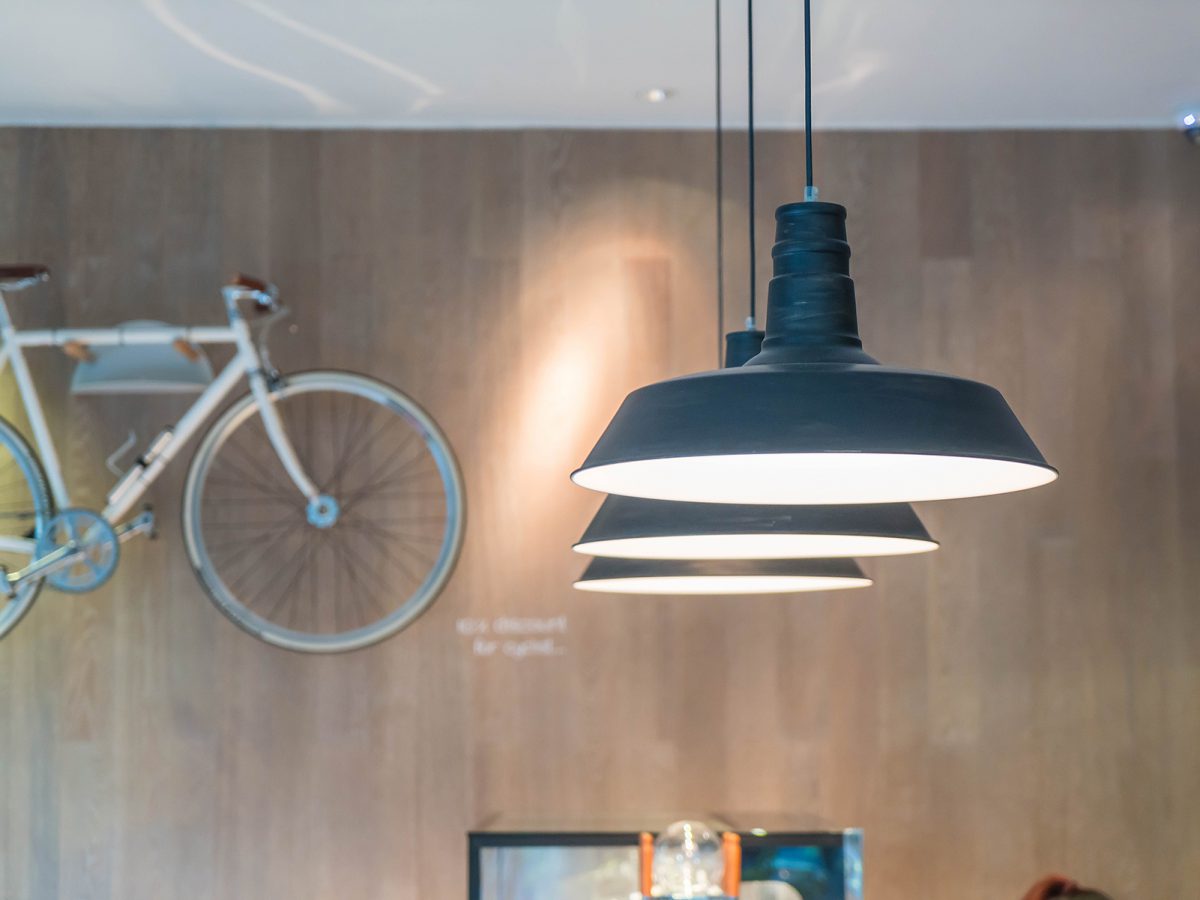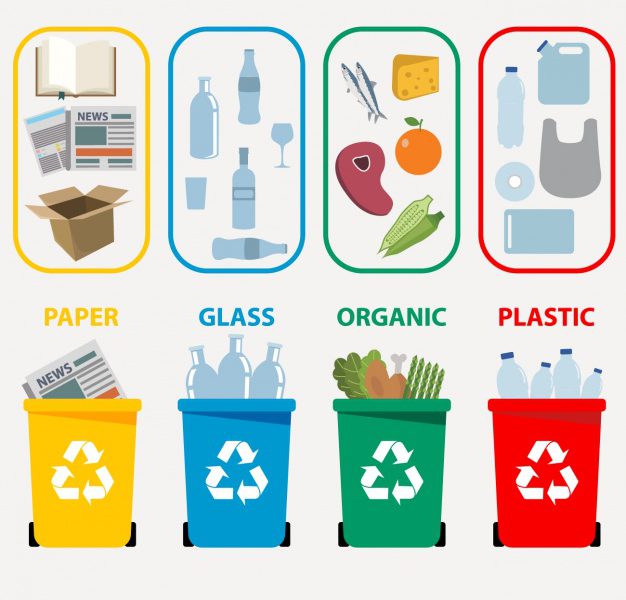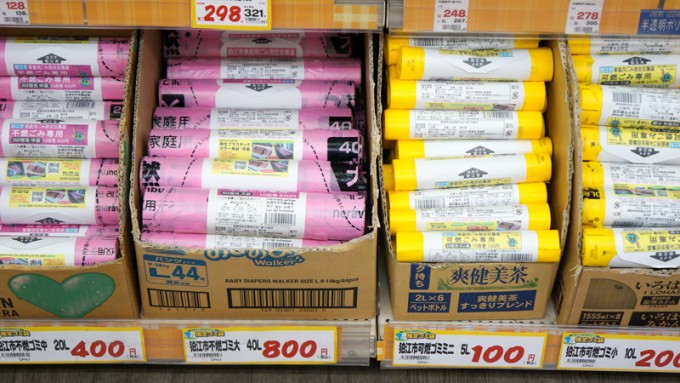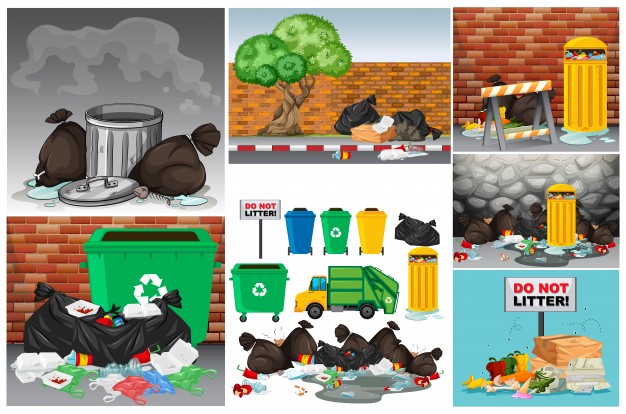
BLOG
ROOCAS ONE`s Blog


ROOCAS ONE`s Blog
2019.02.19
Foreigners who come to Japan for a long time do not always immediately understand how to throw garbage - the rules for sorting and taking out the garbage are clearly defined by the local administration, and their violation can be a minor but unpleasant problem. Here we describe the garbage on the example of Tokyo.
Recycling and waste management in Japan is different than in many other countries. In order to protect the environment and save resources, its own waste sorting system has been developed here. Measures to improve the recycling system are taken both at the national level and by local authorities, which helps to ensure safe treatment of garbage and the return of recyclable waste to the production cycle.
For a foreigner who is just starting to live in Japan, the main problem with garbage is to deal with the rules for its sorting and removal. The homeowner may also be worried about whether the foreigner will follow the rules and take out the garbage to the designated place at a specified time, so it’s best to read the rules immediately or ask someone to explain them. We will talk about the general features of the treatment of garbage.

In Japan, garbage is basically categorized into four different types. Each type has its own collection date. Do your best to organize your trash and put them in the correct categories by keeping several trash cans in your apartment, if possible. Pay special attention to the collection days so that you don’t end up missing it and have to keep your trash in your house for another week!
1. Combustible
Combustible trash or burnable trash, which is collected twice a week, includes paper (wastepaper, kitchen roll, diapers), plastic bags and wrappers (food wrappers, gift wrappers, candy wrappers, grocery bags), rubber and leather (bags, shoes, slippers, boots), tubes and other plastic containers (toothpaste containers, cooking oil containers, soy sauce containers, ketchup containers, margarine containers, yogurt containers).
2. Incombustible
Collected once a month, non-burnable trash includes long plastics (plastic cords, hoses, rope), ceramic wares (teacups, plates, flower pots), metals, glass (flower vases, eyeglasses), and small appliances (flat irons, radio cassettes, rice cookers).
3. Oversized Garbage
This includes home furniture such as cupboards, bookshelves, sofas, beds, tables, and others, over 50-centimeter long stuffed toys, bicycles, below 60cc motorcycles, electric fans, vacuum cleaners, carpets, and bedding.
4. Bottles and Cans
This trash is generally collected twice a month. Bottles include empty glass containers (caps must be removed), tin cans, and aluminum cans. These must be put in separate garbage bags, or you can deposit them in the provided boxes as they are. “Pet” bottles, which are plastic drinks bottles (with the number 1 inside a triangle symbol) must also be in a separate garbage bag with their caps removed, washed, cleaned, and compressed (you can do this by stepping on them).
5. Old clothes and Used paper
Once you are done reading newspapers and magazines, don’t just throw them in the trash. There are wiser ways to recycle such items without hurting the environment. Books, newspapers, magazines, and cardboard are usually collected once or twice a month. When recycling old books and newspapers, don’t forget to tie them with a rope. Old clothes can also be recycled. Just place them inside a see-through plastic bag so waste collectors can easily see the contents and place them outside on the same day that paper, cardboard, books, magazines, and the like are collected. Keep in mind that some areas don’t collect these items on rainy days.

Garbage must be sorted in advance by type and type. Many cities practice sorting of different types of waste into bags of different colors, and in Tokyo, they also used this system until April 2009. Now, garbage can be thrown away in any transparent or translucent bags so that you can easily recognize the contents.
Specific rules for packing garbage are established by the local administration and should be clarified when entering a new place of residence, but there are a few basic rules.
Packaging waste incinerated
Packed in a plastic transparent bag; should get rid of waste fluid in the trash.
Non-Combustible Waste Packaging
Non-combustible waste must also be packed in transparent bags; it is desirable to clean them of organic pollution.
Recyclable waste packaging
Banks and bottles should be rinsed. In some regions, it is required to pack aluminum and steel cans separately. The paper must be sorted by type - newsprint, corrugated cardboard, other paper. Sometimes it is necessary to throw the caps of plastic bottles into plastic, and pack the bottles separately; It happens that paper bags for liquids need to be cut and packed in piles.
Bulky waste
For bulky waste - bicycles, furniture, washing machines, air conditioners, and so on - has its own rules. Often you need to buy in a supermarket or a combination of a special brand that is pasted on the object being thrown.

In Japan, as a rule, there are no containers where you can throw garbage at any time. Special places are set aside for garbage, where it is necessary to take out garbage only at certain times of certain days (for example, before 10 am on Wednesdays). The schedule of garbage collection is set by the local administration, and it should be recognized directly at the place of residence. It is often the case that incinerated waste can be thrown out twice a week (for example, on Monday and Thursday), non-combustible waste and recyclable waste once a week, paper and cardboard once every two weeks.
In the New Year period, city services may not work, and the schedule for garbage collection should be clarified - it may turn out that garbage cannot be thrown away during the week, and this should be taken into account.